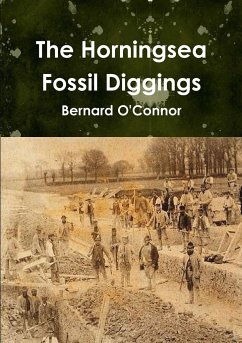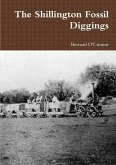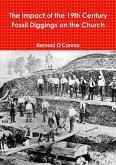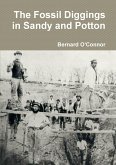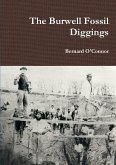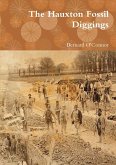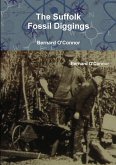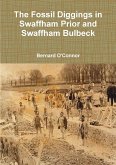In the 1840s a bed of 'coprolites', thought by some to be fossilised dinosaur droppings, was discovered in the Cambridgeshire fens. Rich in phosphate it was much in demand by the nation's manure manufacturers. By the 1860s it was being dug up across much of the county. This book investigates the social, economic and archaeological impact of the fossil diggings in Horningsea, a small, rural community northeast of Cambridge.
Hinweis: Dieser Artikel kann nur an eine deutsche Lieferadresse ausgeliefert werden.
Hinweis: Dieser Artikel kann nur an eine deutsche Lieferadresse ausgeliefert werden.

